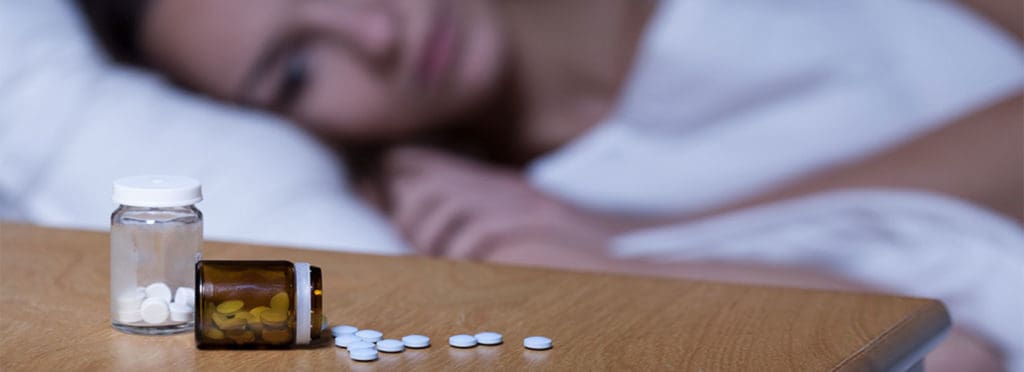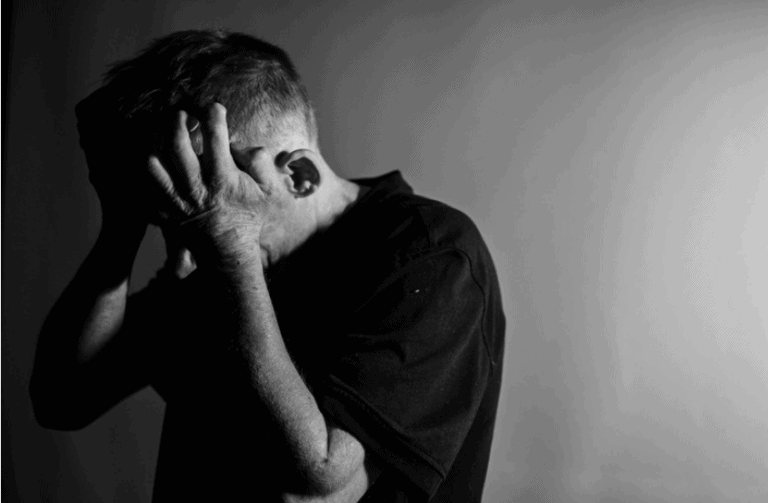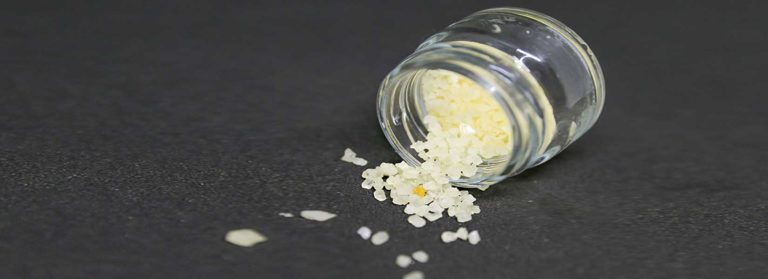Between 1996 and 2013, the number of adults prescribed a benzodiazepine (like Klonopin) increased by 67%. Much like the opioid crisis, many who have been prescribed these types of medications end up becoming dependant on them or abusing them.
If you or someone you love is addicted to Klonopin, you might be trying to figure out the best way to treat the addiction. There are so many different options out there, including inpatient and outpatient treatment programs as well as detoxification. When an addict decides it’s the right time to seek treatment, they should do research on these types of programs to decide which one is right for them. To learn more about partial hospitilazation programs and how they can help treat Klonopin addiction, keep reading.

What is a Partial Hospitalization Program (PHP)?
A partial hospitalization program (PHP) is one step down from full-on inpatient treatment in a psychiatric hospital setting. By participating in a PHP, patients can avoid participating in a full inpatient treatment program. These types of programs are similar to outpatient programs, except they take place in hospital settings and are often more intensive. The goal of PHP is to transfer to a lower level of care after the completion of the program, such as a regular outpatient treatment program.
Are There Serious Side Effects Associated with Stopping Klonopin?
One of the main reasons people who are addicted to or dependent on Klonopin should consider partial hospitalization is because of the serious side effects that are present alongside quitting this benzodiazepine. Benzodiazepines and alcohol are considered to be the most dangerous and difficult drugs to quit, and they even have serious or life-threatening side effects associated with the abrupt discontinuation of the drug.
For this reason alone, many are often anxious to stop taking the drug on their own. They continue to be dependent or addicted because it feels like the only choice, like quitting would be too difficult to get through alone. The fact of the matter is, it is difficult to quit Klonopin alone.
By participating in a partial hospitalization program, patients have access to a medical staff that knows how to treat them. They’ll have their vitals checked frequently and may even be offered medication in order to treat intense withdrawal symptoms. By attending a PHP, the risk of experiencing life-threatening withdrawal symptoms decreases.

How a Partial Hospitalization Program Can Help You Quit Klonopin for Good
By attending a partial hospitalization program, you’ll be able to detox from Klonopin safely, without having to worry about dealing with intense withdrawal symptoms on your own. You’ll also get access to therapy, helping you learn about coping mechanisms and trigger avoidance. The skills that people learn in rehab often help them stay sober for years to come.
However, PHP is only the beginning for many addicts. The best way to stay sober is to continue treatment even when you’re feeling better. After a PHP, patients should look into outpatient and intensive outpatient programs.
After a partial hospitalization program or intensive outpatient treatment program, addicts should continue their treatment through other means, whether it’s individual therapy or a group, like addicts anonymous. There are many options out there to continuously support Klonopin addicts throughout their recovery journey.
Asheville Recovery Center Can Help
If you or someone you love is addicted to Klonopin, getting help is the first step in feeling better. To learn more about partial hospitalization programs (and other treatment options), contact the addiction specialists at Asheville Recovery Center today. We’ll answer any questions you may have. We’re here and ready to help you get and stay sober.






